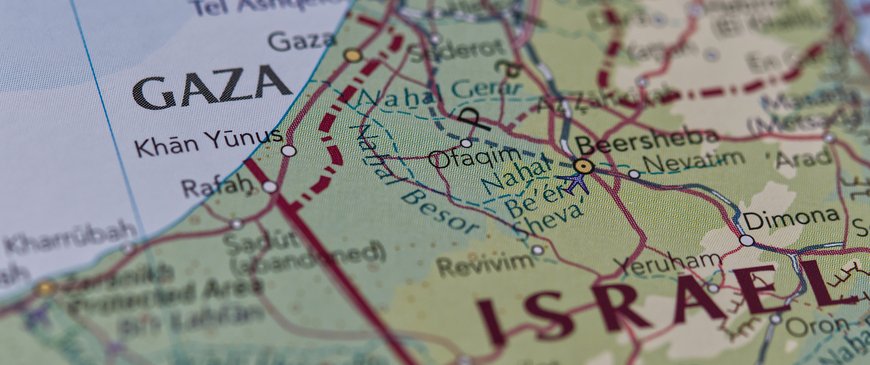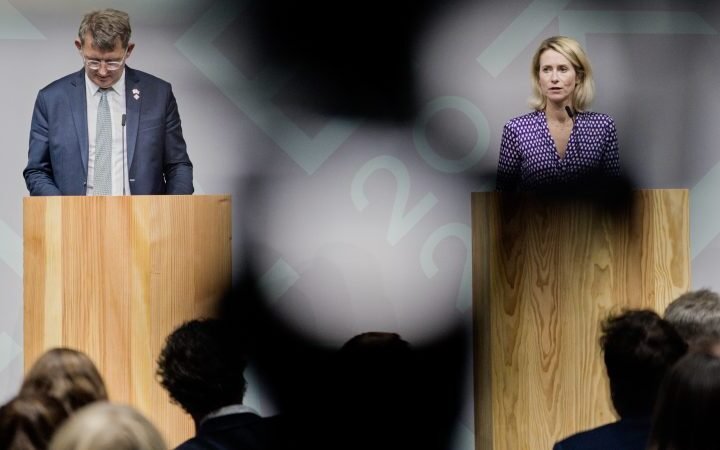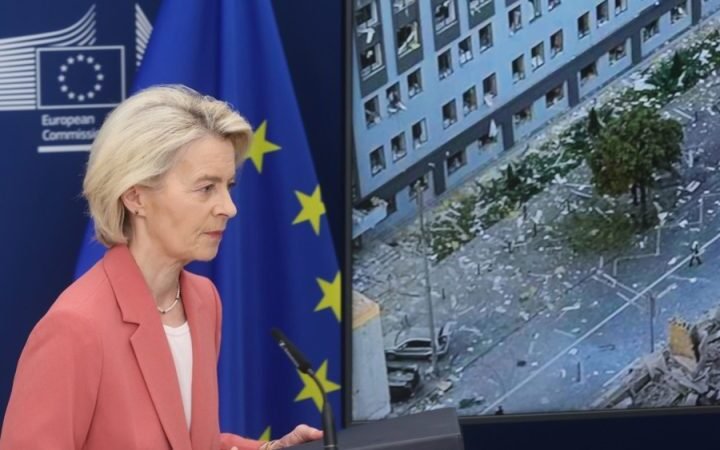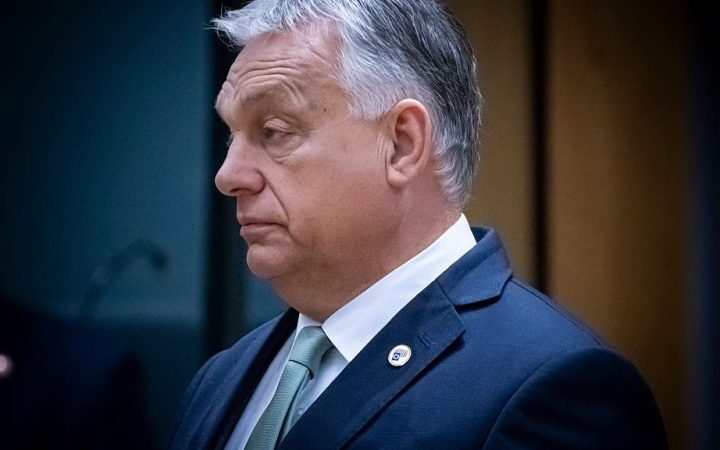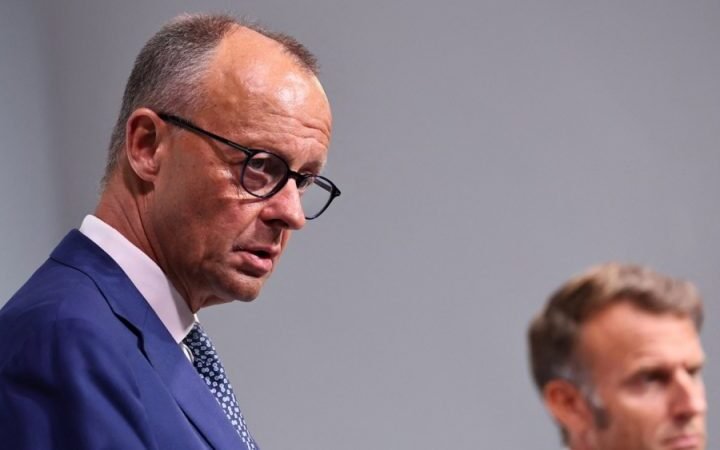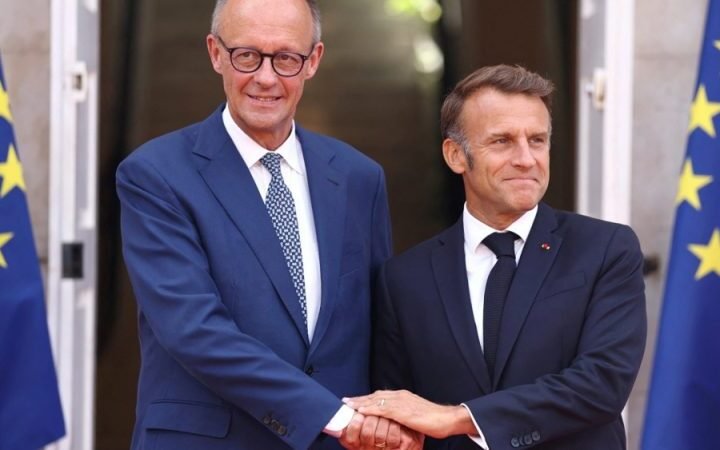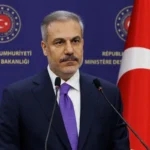Nicolas Schmit, a former European Commissioner, has criticized the EU’s sluggish response to the Gaza war following the Hamas attacks on October 7. He attributes the bloc’s disjointed stance to institutional inertia and presidential control, asserting that critical discussions on Europe’s relationship with Israel were neglected during his tenure. According to Schmit, “We never had a real strategic discussion on the Middle East issue from the different points of view. We should have debated the relationship with Israel [but] we did not,” indicating a significant oversight in addressing the complex geopolitical factors at play.
Schmit further remarked that the lack of debate was a reflection of President Ursula von der Leyen’s alignment with Berlin and Washington, which stifled diverse perspectives among commissioners. He stated, “If you cannot identify and formulate collectively as a Commission, you’re just muddling through, and just crying big tears on what happens to the poor people of Gaza,” highlighting the EU’s failure to act decisively in the face of humanitarian crises.
His comments follow a controversial op-ed by Josep Borrell, the EU’s former foreign policy chief, who accused EU leaders of complicity in Israel’s actions, calling for a reevaluation of Europe’s role and responsibilities in the conflict. Schmit, however, distinguished his views from Borrell’s assertions, labeling the EU’s approach as “weakness” rather than complicity and acknowledging the evident divisions within the EU regarding its stance on Israel.
In the context of escalating humanitarian issues in Gaza, Schmit urged that actions such as suspending Israel from the Horizon Europe program—an initiative that could have marked the bloc’s first official sanctions—could emerge as viable responses. Yet, he noted that no consensus was reached among member states, with countries like France, Spain, and Ireland supporting sanctions while Hungary and Austria opposed them.
As the humanitarian situation deteriorates, Schmit warned that the current level of destruction in Gaza is nearing a threshold that the EU can no longer ignore. He remarked, “What is done now to the Gaza people is just unacceptable,” and suggested that the most effective leverage would be to suspend the EU-Israel Association Agreement, characterizing it as Europe’s “only weapon.”
Schmit’s criticism extends beyond the ongoing conflict; he has denounced the lack of substantive political debate within the Commission during von der Leyen’s presidency. This, he claims, has led to a situation where commissioners function merely as administrative staff rather than as decision-makers. His previous role as Luxembourg’s jobs and social rights minister has informed his perspective on the EU’s need for robust political discourse to address complex issues such as the Israeli-Palestinian conflict.
Schmit’s remarks come as the new legislative session has reignited discussions around the EU’s strategy toward Israel, particularly in light of calls from some member countries for a reassessment of foreign policy frameworks. EU foreign policy continues to evolve as member states grapple with increasing internal and external pressures regarding their collective response to geopolitical challenges.
Meanwhile, the backdrop of the Gaza crisis has also seen rising criticism of the EU’s engagement with Israel, and calls for a more unified response reflecting humanitarian concerns and international law. As tensions remain high, Schmit’s perspectives bring to light the pressing need for Europe to navigate its political inactions and bolster its role on the global stage. European Commission officials have refrained from commenting on these statements, adhering to a policy of non-commentary on internal critiques.
The need for a coherent and effective EU foreign policy continues to beckon as leaders face the reality of geopolitical strife where diplomatic actions can yield far-reaching consequences. For Europe, the time for meaningful discourse and decisive action is now, as ongoing conflicts present challenges that require collective resolution strategies.
